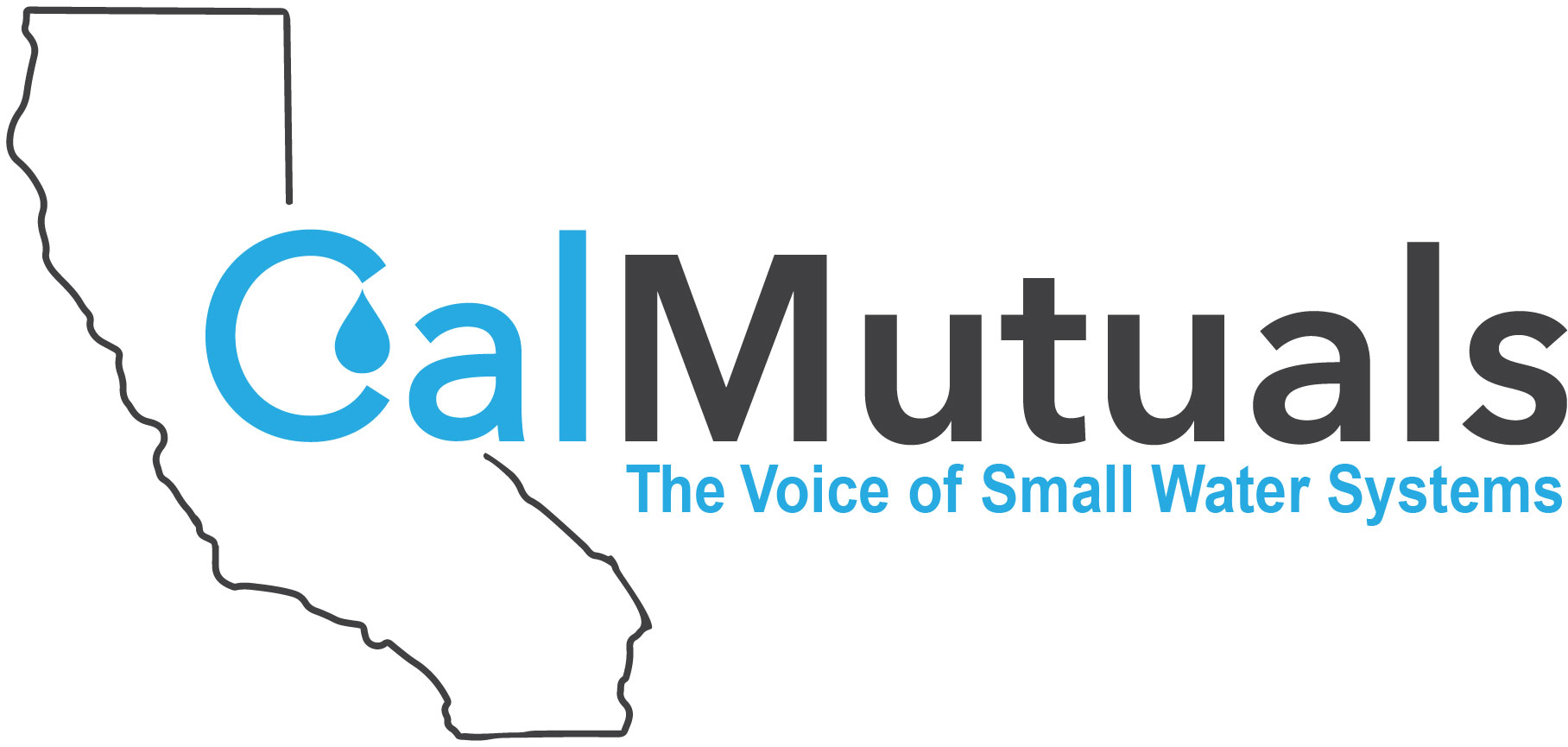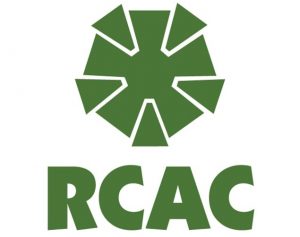Webinar | Water Operators & the Capital Improvement Plan Part 1
Webinar OnlyThe water system operator is the heart of every public water system. They usually know what needs to be replaced and when, but there is occasionally a disconnect between operations and management. This could lead to public water systems experiencing system failures, resulting in water outages or non-compliance issues. One way to avoid these issues is to plan for the future. This workshop provides tools for the water system operators and management to communicate openly to assist management to develop a Capital Improvement Plan, which will allow them to replace water system components prior to failure. Participants will learn: What a CIP is Resources for developing a CIP Planning and developing a CIP How the CIP ties into other important documents and policies Updating the CIP The recommended audience includes operators, managers and board members.

